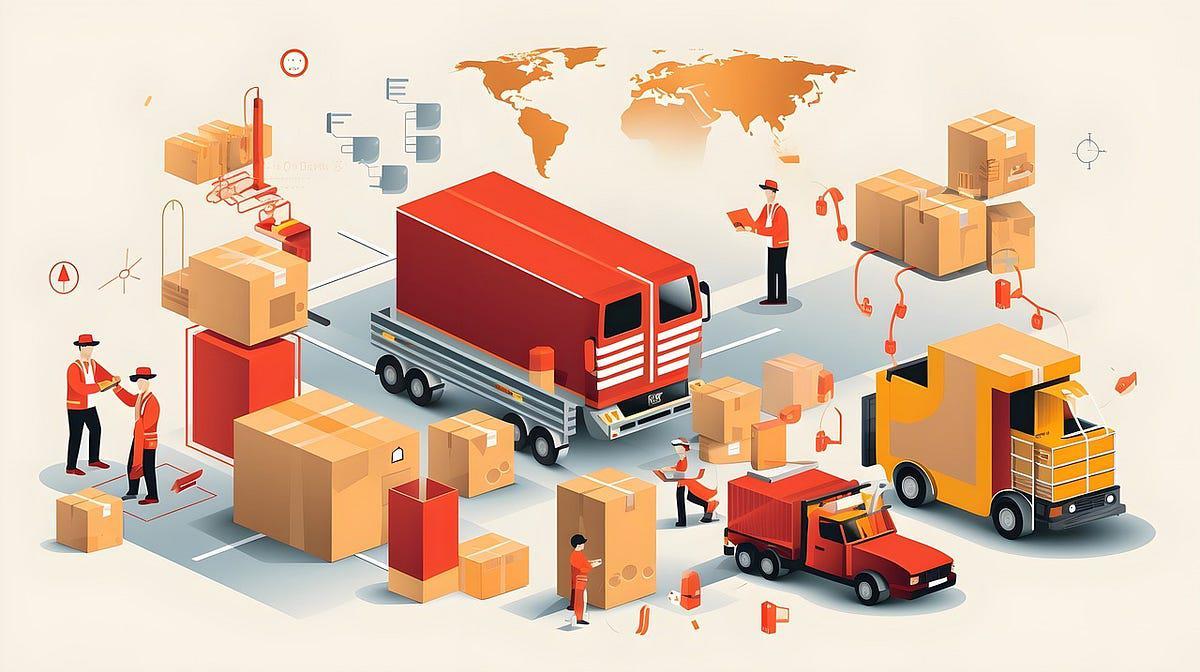The United States is facing a worse headache due to the large volume of consumer goods being purchased online, primarily from China, and that could see it caught up in its own version of the opium wars inflicted on China in the mid-19th century by Britain.
The problem is that small shipments have relatively low individual economic value, and fall under the DE Minimis rules, which govern imports that the government deems not worth the trouble to inspect or impose taxes or tariffs on.
With Chinese giants like Shein or Temu flooding the mailboxes and doorsteps of millions of Americans every day with packages, and with all these packages falling under these rules, border control measures not only face the inability to tax and enforce duties, but also practical difficulties in carrying out these inspections due to absolute saturation, leading to all kinds of illegal or dangerous products entering the country.
For example, fashion or household items made from cotton grown by slave labor, products banned because they do not meet certain quality standards, and above all a substance, fentanyl, a synthetic opioid that has caused the largest drug addiction crisis in the nation's history, is imported from other countries in the form of precursor chemicals obtained very cheaply, labeled as pet food, nuts, or motor oil, and shipped around the world, but especially and sometimes indirectly through Mexico, to the United States, where after being processed, it is sold on the streets at very high profit margins. Just last year, it is estimated that fentanyl was responsible for over 70,000 deaths. Some areas of many U.S. cities are now inhabited by addicts resembling zombies, who have succumbed to the effects of fentanyl.
There is a package that you are looking forward to being held and inspected at Customs is a pain: we hope e-commerce will be quick and seamless, and it often is. However, as the volume grows until it becomes
